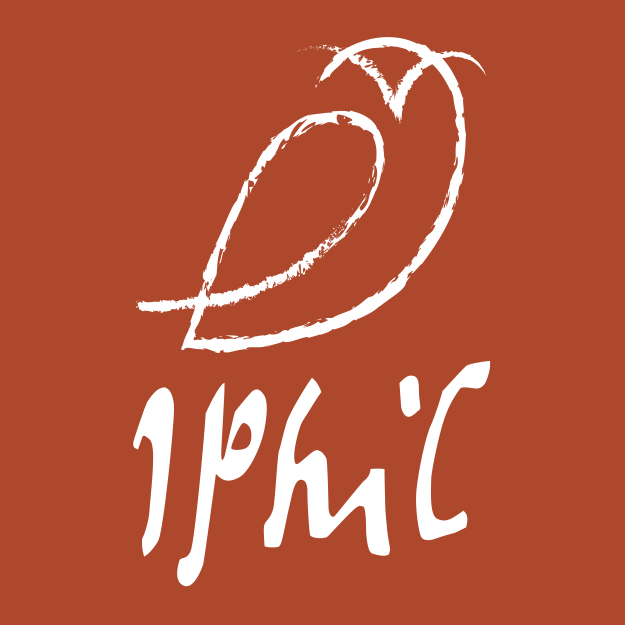A Philosophical Analysis of Expert Judgments in Economics
Henrik Roeland Visser (doctoral project)
My doctoral research concerns the debate in philosophy of science on the ‘inductive risk’ argument, the idea that due to unavoidable scientific uncertainty or ‘underdetermination’, scientists must decide how much evidence is sufficient to warrant the acceptance or rejection of a hypothesis, that epistemic values and norms alone do not suffice to make this decision and it is therefore legitimate to let evidential standards vary with extra-scientific consequences of inductive error.
The inductive risk argument has resulted in a lively debate. Should scientists even be in the business of accepting or rejecting hypotheses, or is their task merely to assign probabilities to hypotheses given the evidence? Is it possible to assign imprecise or ‘fuzzy’ probabilities when precise probabilities are unwarranted or controversial? What kind of scientific knowledge do policy makers require to make informed decisions, and do scientists have the duty to meet those pragmatic needs?
In my research I focus on the decision problems that scientists face when dealing with inductive risk. In particular, how are their decision problems framed, and what options are scientists presented with? To answer these questions, I connect the inductive risk debate with economics in two different ways. Firstly, as a field of application in which significant inductive risks occur, and secondly, as a field which provides the theoretical tools for dealing with decision making under uncertainty.
From March 2019 to April 2020, I was a research fellow at the Center for the History of Political Economy at Duke University, where I pursued two historical projects. The first is a case study on macro-economic policy forecasting practices in the Netherlands. The second traces how the formal tools of rational choice theory came to be adopted by both philosophers of science and economists to model the decision problems of policy advisers and investigates the connections between these parallel developments.
